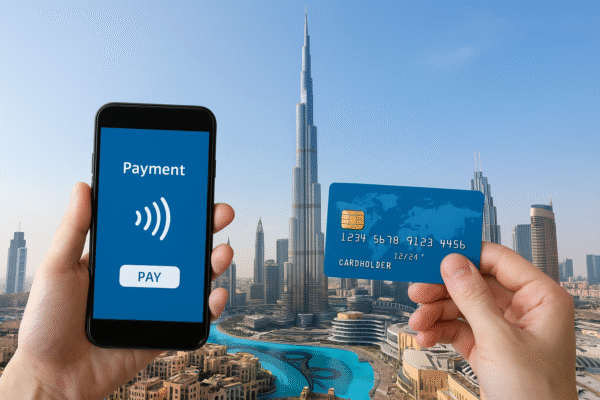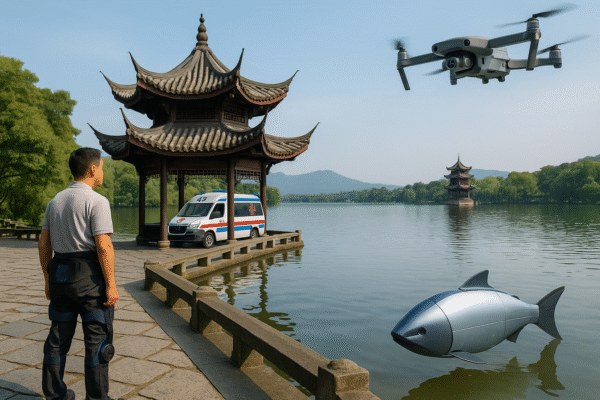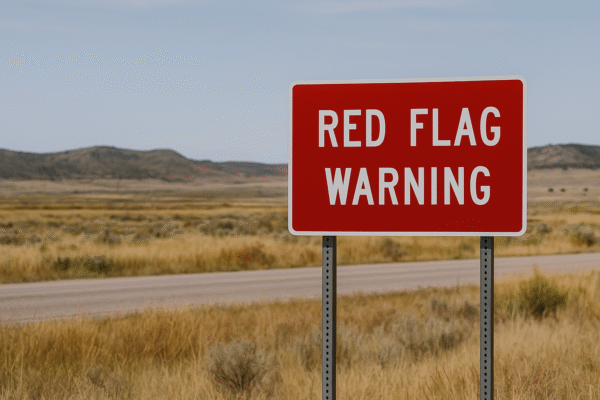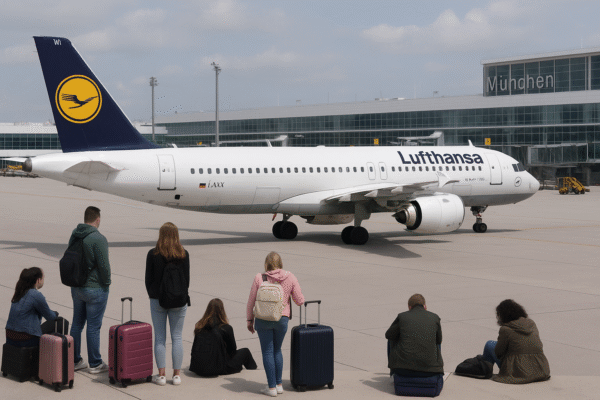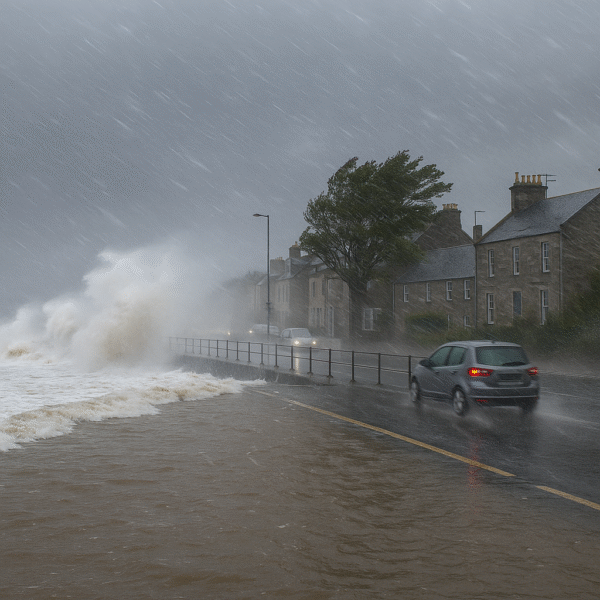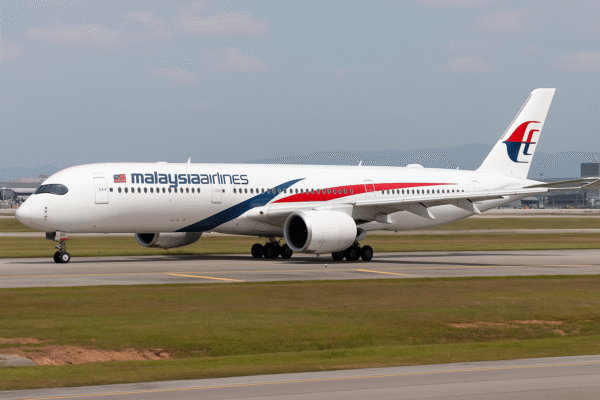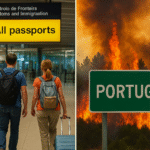Sydney is on high alert after a traveller from Indonesia was confirmed to have measles, prompting NSW Health to issue an urgent advisory for both residents and visitors. The case has raised concerns about possible community exposure, as the infected individual visited multiple public locations while contagious.
Health authorities have confirmed that the exposure risk occurred between September 12 and 14, 2025, across several key sites, including Umaya Restaurant at Macquarie Shopping Centre and Virgin Australia flights VA572 and VA505. Officials are urging anyone who may have been present at these places during the specified times to remain vigilant for symptoms until October 4, 2025.
This development highlights the growing challenge of containing preventable diseases in an era of international travel, where viruses can cross borders in hours.
What Is Measles and Why It’s a Concern
Measles is a highly contagious viral disease that spreads through respiratory droplets when an infected person coughs or sneezes. The virus can linger in the air for up to two hours, meaning even brief exposure in a shared space can lead to infection.
Symptoms generally appear 7–18 days after exposure. Early signs include:
- Fever
- Sore, red eyes
- Persistent cough
These initial symptoms are followed by a distinct red, blotchy rash that starts on the face and neck before spreading across the body.
Complications can be severe, particularly for young children, pregnant women, and those with weakened immune systems. Risks include pneumonia, brain inflammation, and in rare cases, death.
NSW Health’s Advisory to the Public
NSW Health has called for calm but stressed the need for caution. Director of Public Health, Dr. Michael Slater, advised that anyone experiencing symptoms should seek medical attention immediately. Importantly, patients should phone ahead before visiting a doctor or hospital to reduce the risk of infecting others in waiting areas.
Authorities are also reminding the public not to panic. While measles is serious, it is preventable through vaccination. Immediate medical advice and awareness can help curb the spread effectively.
Locations of Potential Exposure
The confirmed measles case involved public exposure at the following sites:
- Umaya Restaurant, Macquarie Shopping Centre (Macquarie Park): Between 11.30 am and 1.15 pm on Tuesday, September 12.
- Virgin Australia Flight VA572 (Perth to Sydney): On the morning of September 12.
- Sydney Domestic Airport Terminal: Morning of September 12.
- Virgin Australia Flight VA505 (Sydney to Gold Coast): September 12.
Anyone present in these areas during the relevant times has been asked to monitor for symptoms and remain alert until at least October 4.
Vaccination: The Best Defence
The measles, mumps, and rubella (MMR) vaccine remains the most effective way to protect against the virus. Two doses of the MMR vaccine provide lifelong immunity for most people.
In New South Wales, the vaccine is:
- Free for children at 12 and 18 months of age.
- Available to adults who missed one or both doses, especially those born after 1966.
- Recommended as an early dose for infants aged 6–12 months who are travelling overseas to countries with higher measles prevalence.
With international travel increasing, ensuring vaccinations are up to date is particularly crucial.
Why Travellers Must Stay Alert
This case highlights how quickly measles can cross borders. Countries in Southeast Asia, Africa, and parts of Europe still experience regular outbreaks due to lower vaccination rates. Travellers from these regions can unknowingly bring the virus into Australia, where even a single case has the potential to trigger community spread.
Airports, airplanes, shopping centres, and restaurants are especially high-risk locations, as they involve large groups of people in enclosed spaces. The Sydney case underlines the importance of checking vaccination records before international travel.
Guidance for Parents and Families
Parents are encouraged to ensure their children are fully immunised. For infants younger than 12 months who need to travel overseas, doctors may recommend an early dose.
If parents are unsure about their child’s vaccination status, they should consult their GP or check records through the Australian Immunisation Register. Adults who are uncertain of their own vaccination history can also receive a booster, as the MMR vaccine is safe and effective at any age.
Protecting Sydney’s Tourism and Community
As one of Australia’s most visited cities, Sydney welcomes millions of domestic and international tourists each year. Outbreaks like measles not only affect public health but can also disrupt tourism, hospitality, and local businesses.
Maintaining high vaccination coverage is critical for protecting both residents and visitors. Tourists planning to visit Sydney are encouraged to verify their immunisation status before arrival to safeguard themselves and the wider community.
Conclusion: Vigilance and Vaccination Are Key
The current measles warning in Sydney is a stark reminder that vaccine-preventable diseases remain a threat in a globalised world. While NSW Health is taking all necessary precautions, individuals also play a vital role by staying informed, monitoring symptoms, and ensuring vaccinations are up to date.
Whether you’re a Sydney resident or a traveler passing through, protecting yourself against measles is not only a matter of personal health but also of public responsibility. With awareness, timely action, and vaccination, this outbreak can be contained and Sydney can continue to remain a safe and welcoming destination for all.
For more travel news like this, keep reading Global Travel Wire


